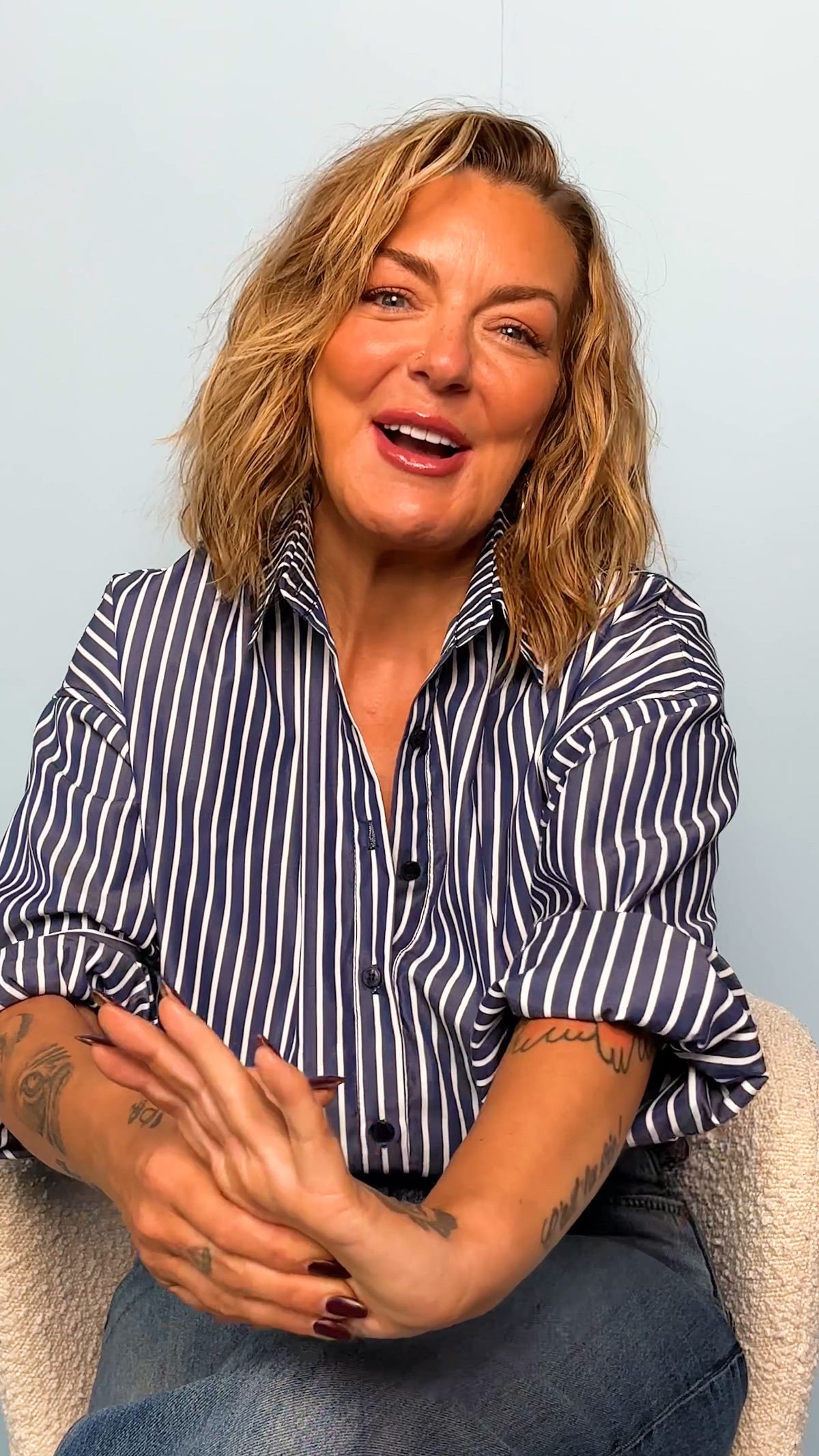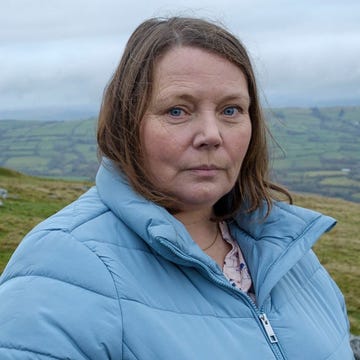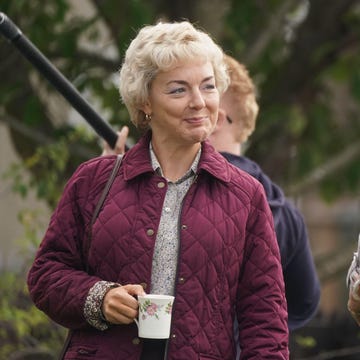When your daughter, granddaughter or best friend shares that she’s expecting, your instinct may be to step into advice mode, sharing what you learnt from your own birth experience, from breathing techniques to what not to forget in the hospital bag. But you could run the risk of overwhelming them with information, or scaring them with all the gory details. Just as childbirth today is evolving, so are the conversations around it, meaning that perhaps the most helpful thing you can offer might not be answers - but space.
‘It’s important to remember that childbirth isn't a test!’ says Sally, a National Childbirth Trust (NCT) practitioner with more than 13 years of experience. ‘You don’t need to prepare in detail and know every fact, although that’s helpful for some. The most important thing expecting parents need is space – to reflect on the choices that are right for them.’
The pressures around giving birth are different for every generation, and while in the past women may have felt pressure to ‘just get through it’, today’s parents-to-be are often encouraged to take ownership of the experience and are bombarded with options from hypnobirthing to elective cesareans to walking epidurals. That ownership, however, can end up surrendered to the medical professionals when the unexpected occurs - according to recent NCT data, 56% of parents in the UK say their experience of childbirth didn’t go to plan.
In response, the NCT is encouraging a new way of thinking about birth plans – not as rigid blueprints, but as flexible guides.
‘Most people want some sense of control,’ Sally explains. ‘The birth plan helps with that. But if it’s too strict or rigid, it can affect mental health afterwards because expectations weren’t met. Being more fluid and preparing for the unexpected leads to better experiences.’
As a parent, grandparent or experienced friend, this might mean adjusting how you offer advice. While it might be tempting to jump in with, ‘Well, when I gave birth…’ consider first whether it’s the right moment. ‘Those of us supporting someone who’s pregnant can either add to the noise or create space,’ Sally says. ‘Think about what you’re saying and how it might land. You may think you’re being helpful, but the level of detail that’s right is so personal to the individual.’
In our digital age, expectant parents are bombarded with information from every angle – medical websites, influencers, podcasts, YouTube. Some is helpful. Some is terrifying. ‘I don’t think we were meant to have so much information so quickly,’ Sally adds. ‘So much of it is anxiety-inducing and if there’s one thing expectant mothers don’t need more of, it’s anxiety.’
Instead of offering every detail you remember (or prefer to forget), try starting a conversation: ‘How are you feeling about labour?’ or ‘Is there anything you’d like to talk through?’ For many grandparents, this shift from ‘telling’ to ‘listening’ is new, but powerful.
On NCT courses, Sally often sees grandparents and other family members attend alongside the parents. ‘The best kind of support person is one who’s open. One grandmother came to a course with her granddaughter and said, “I know this is different from what I went through and I’m here to walk alongside her for however long she needs.” That kind of curiosity without judgment makes all the difference.’
That openness is essential, especially in a childbirth landscape that’s changing. ‘Induction and Caesarean rates are rising, and that can make it harder for people to make choices that feel right,’ Sally notes. ‘We now know, for example, that water births are effective for pain relief, but not everyone has access to one. And the emotional and practical landscape is very different than it was a generation ago.’
Part of being helpful is offering support during those first days back at home, too. ‘I often ask parents in class, “How would it feel that first night the baby is home?” Those conversations help alleviate anxiety and get them thinking practically in a positive way,’ says Sally.
If you’re stepping into the role of support, don’t underestimate your impact, but do manage expectations. Talk openly about visiting boundaries and what the new parents might need. Avoid putting pressure on them to host or entertain. As Sally puts it, ‘We encourage circles of support where the new parents are in the middle, not on the outside.’
It can also be emotional for grandparents. Sometimes, witnessing birth again stirs old memories – some joyful, some painful. If it brings things up, talk to someone you trust. And remember: you’re not reliving your experience – you’re supporting someone else through theirs.
So how do you talk to your daughter, granddaughter or friend about childbirth? With curiosity, not certainty. With presence, not pressure. Offer your story if asked – but more than that, offer your ear, your calm and your willingness to walk beside her, whatever path her birth takes.
Because sometimes the best thing we can do for someone becoming a parent is simply to say: I’m here. And I trust you.













![©ITV from monumental television frauds sr1pictured: jodie whittaker as sam suranne jones as bert this photograph is (c) itv plc/ monumental television and can only be reproduced for editorial purposes directly in connection with the programme or event mentioned above, or itv plc. this photograph must not be manipulated [excluding basic cropping] in a manner which alters the visual appearance of the person photographed deemed detrimental or inappropriate by itv plc picture desk. this photograph must not be syndicated to any other company, publication or website, or permanently archived, without the express written permission of itv picture desk. full terms and conditions are available on the website www.itv.com/presscentre/itvpictures/termsfor further information please contact:michael.taiwo1@itv.com](https://hips.hearstapps.com/hmg-prod/images/frauds-sr1-first-look-03-6891d81c2d536.jpg?crop=0.428xw:0.643xh;0.0641xw,0.116xh&resize=360:*)